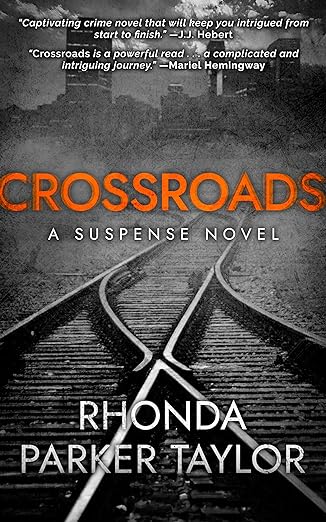Exploring a Veterinary Technology Program can open the door to a myriad of career paths, one of which surprisingly includes becoming an author. While the leap from veterinary medicine to writing might seem vast, numerous alumni have bridged this gap, harnessing their detailed knowledge and firsthand experiences to enrich their storytelling.
The Unseen Bridge Between Veterinary Science and Storytelling
Consider the journey of a veterinary technician who transitions into a successful writer. This professional, originally trained in animal healthcare, leverages their depth of medical and behavioral understanding of animals to create compelling, authentic narratives in literature. The critical thinking and attention to detail necessary in a veterinary program translate seamlessly into the meticulous craft of writing.
The Foundation: A Robust Education in Veterinary Technology
The core curriculum of a veterinary technology program is designed not only to impart essential medical knowledge but also to enhance skills in communication and problem-solving. These programs typically cover a wide range of topics from anatomy and physiology to pharmacology and anesthesiology, preparing graduates for immediate entry into clinical environments. Yet, these technical skills also provide a unique perspective and factual accuracy that can vividly animate literary works.
Real-Life Example: From Clinics to Novels
Take, for instance, the story of Alex, a graduate from a renowned veterinary technology program. During his tenure in a bustling veterinary hospital, Alex encountered countless cases that highlighted the resilience, suffering, and profound bonds between pets and their owners. These experiences not only deepened his empathy but also filled him with stories that begged to be told. After years in the field, he began to pen a novel that wove these real-life encounters into a rich tapestry of drama and compassion.
Leveraging Experience into Narrative Gold
The shift from veterinary medicine to writing involves translating technical expertise into engaging, relatable content. Alex’s novel, for instance, features a protagonist who is a veterinary technician fighting to save the lives of animals in a small coastal town. His detailed descriptions of medical procedures, ethical dilemmas, and the emotional rollercoaster associated with animal care lend authenticity and gravitas to his narratives.
Educational Pathways: Starting Your Journey
For those intrigued by both animal care and writing, enrolling in a Veterinary Technology Program offers a comprehensive start. These programs not only provide the medical grounding necessary for veterinary practice but also foster critical observational skills that are crucial in writing. A solid foundation in veterinary science can uniquely position individuals to capture stories of veterinary care with nuance and precision.
Beyond the Clinic: Veterinary Technicians in the Literary World
The trend of veterinary technicians turning to writing is supported by a broader movement within healthcare professions where practitioners seek to share their specialized insights through creative outlets. Books written by those in the vet tech field can range from practical advice for pet owners to thrilling fictional tales that feature veterinary heroes.
Conclusion: Unleashing the Potential of Veterinary Education
The narrative skills developed in a veterinary technology program can unexpectedly enhance one’s ability to tell stories. For those who are passionate about animal care and have a knack for writing, this educational path offers not just a career but a portal to a new form of expression. Real-life experiences in the field provide a fertile ground for stories that resonate with authenticity and emotional depth, proving that the pen can be as mighty as the stethoscope.
In sum, a Veterinary Technology Program does not just create technicians; it can also birth authors who bring the world of animal care into the realms of literature, providing a fresh lens through which to view both the challenges and beauties of veterinary medicine.








